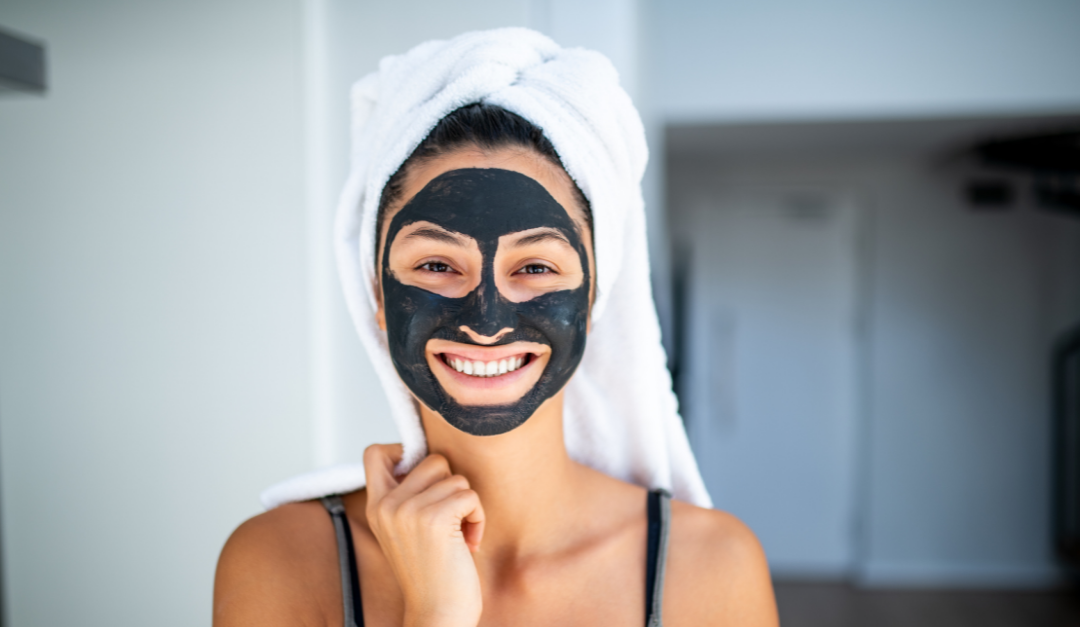There has been a rise of mobile medical spas – spas that do not have one physical location, but instead the practitioner comes to the patient’s house, place of work, or other location. This is similar to “Botox® parties” in a patient’s home or a concierge practice. There are additional risks associated with having a mobile medical spa.
First, it is very important that you know if your state allows the practice or if there is a special registration required. For example, in Nevada and Connecticut, medical procedures including aesthetic procedures must be done in a medical facility. California requires mobile medical spas to be registered.
Second, if your state does allow it, you must make sure you have the appropriate insurance coverage. It will generally need to be added to a standard aesthetics malpractice insurance coverage. If you are using your personal vehicle, you will want to contact your automobile insurance company to make sure you are appropriately covered to use your personal vehicle for a business purpose.
We would also recommend an additional consent listing out the potential risks associated with mobile medical spa services. Below are some of the additional risks:
- No standards for cleanliness in the home
- Lack of resuscitation equipment
- Improper disposal of medical waste
- Lack of proper equipment to perform the procedure; such as reclining chairs
- Unpredictability of the environment
- Unaccounted for distractions; such as pets in the home
- No protocol in case of natural, or other, disasters
- No ease of access to patient for provider
- Lack of access to to necessary medication in case of emergency
- Lack of flexibility in procedure; provider can only do the procedure they were explicitly asked to perform and have supplies to perform, no add-ons
- Lighting inside the home may not be as bright as medical grade lighting
- Home surfaces have not been sanitized or sterilized
In addition, it is possible that alcohol could be served at these events. We would recommend you not treat anyone under the influence. It could invalidate your informed consent as the patient could claim they did not have the capacity to consent. Plus, alcohol increases the chances of bruising. In your mobile treatment consents, it is recommended the patient attest that they have not consumed any alcohol or other substance within the last 24 hours that would hinder their ability to consent to the procedures.
All that being said, starting out with mobile services may be more cost efficient than starting with a brick and mortar location. However, consider hidden mobile costs such as how long it takes to travel to a patient’s home. That could easily add an hour to each appointment and a lot more unpredictability and stress. Instead of being able to see 8-12 clients per day, you may be able to only see a max of 4. Will that make sense for your business(s)?
Adding a mobile service to your existing medical spa services is also a common practice. We have seen medical spas offer packages for a minimum of 5 people for an offsite event. They ensure profitability by requiring a minimum nonrefundable deposit. This practice can be a good way to introduce your services to new clients. However, no matter what mobile services you decide to offer and no matter whether you are just starting out or operate an established medical spa, make sure it is a smart business decision for your spa and that the service is within the confines of the law.
*The above is meant as general guidance and not legal advice. It is important that you consult with an attorney well versed in the laws of your state and the industry. Failing to get it right at the beginning can end up a costly mistake.


